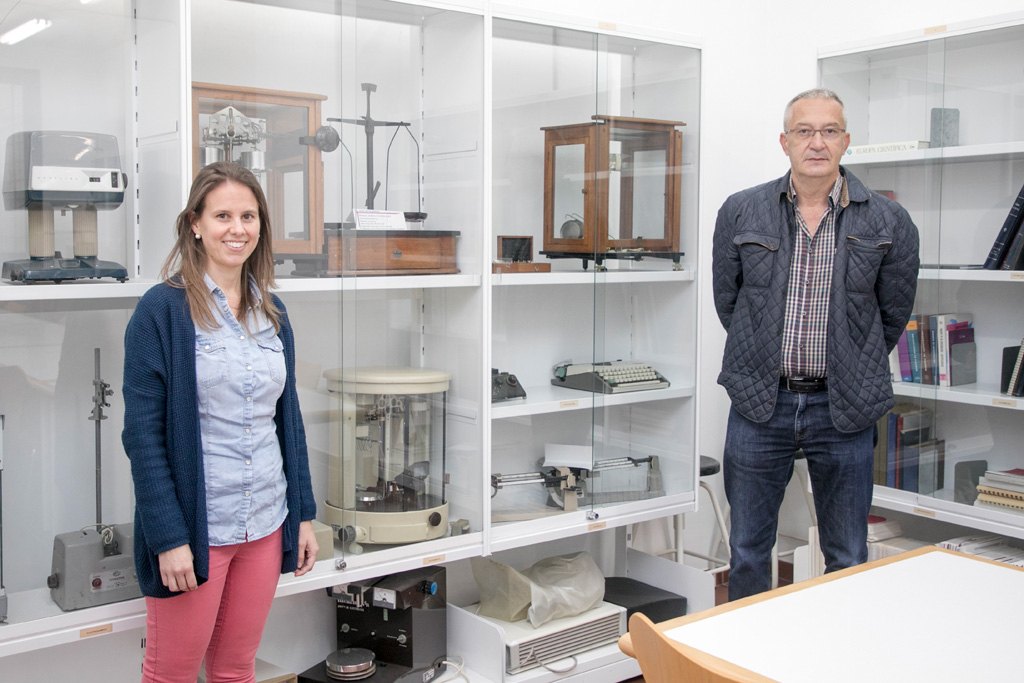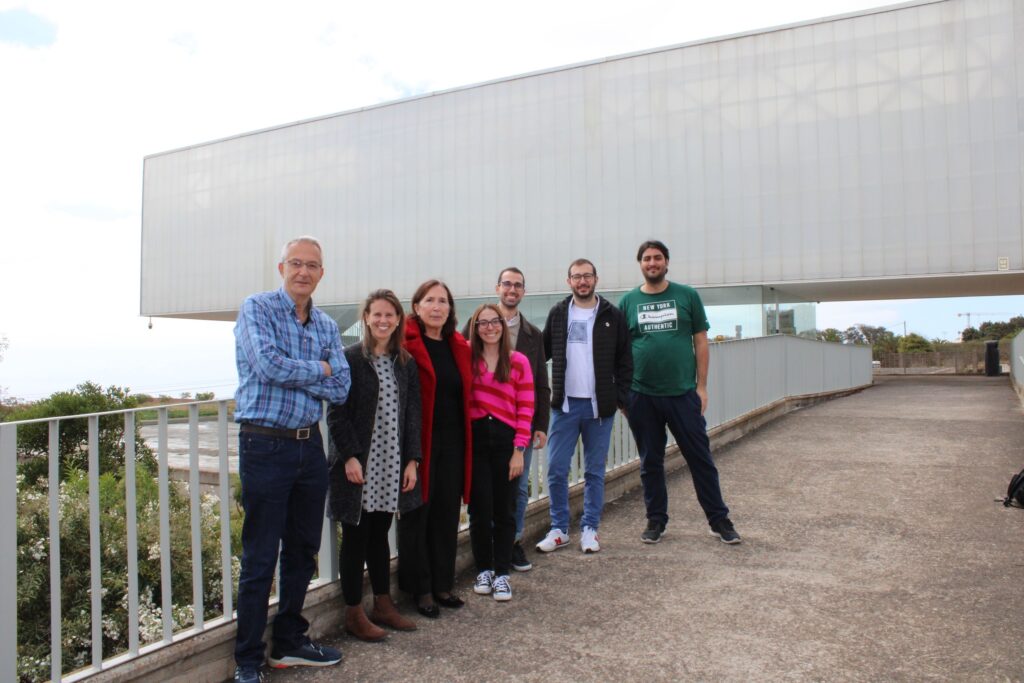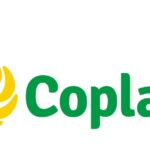
Chemical Analysis Applied to the Industry, Environment and Agri-food Samples Group
ABOUT US
We are a research group that focuses its work on the development of sustainable analytical procedures based on the Principles of Green Chemistry with the aim of carrying out their application in the reliable and effective analysis of organic contaminants in environmental and agri-food samples.
RESEARCH LINES
AQAIMPA research lines are focussed on the development and application of sustainable analytical procedures for the assessment of environmental and agro-food samples. In this sense the main actions lines are based on:

EXTRACTION PROCEDURES
Development, optimization and validation of miniaturised extraction procedures based on the Principles of Green Chemistry, hyphenated with novel chromatographic and detection systems.

Nanomaterials
Design, synthesis, characterization and application of nanomaterials, including magnetic nanoparticles, carbon-based nanoparticles, metal organic frameworks (MOFs), etc.

sustainable solvents
Design, synthesis, characterization and application of novel sustainable solvents, alternative to the conventional toxic ones (ionic liquids (ILs), deep eutectic solvents (DES)).

FOOD SAFETY
Application of the developed analytical procedures in food safety studies. Evaluation of pesticides, estrogenic compounds, antibiotics, plastic migrants, as well as, other endocrine disruptors in food samples.

ENVIRONMENTAL CONTAMINATION
Application of the developed analytical procedures in environmental contamination studies. Evaluation of pesticides, estrogenic compounds, antibiotics, plastic migrants, as well as, other endocrine disruptors in environmental samples with different nature.
THE LATEST NEWS
The ULL and the CSIC develop new methods that detect additives for plastics in agri-food waste
01/June/2021 – 09:05 GMT+0000
[…]“Although now the food industry is starting to use biodegradable plastic that does not harm the environment, there are studies that have analyzed food that clearly show why packaged food has high levels of phthalates or other plastic migrants that harm our health”, says Bárbara Socas. “That is why our role -continues the CSIC researcher- is fundamental when it comes to developing analytical methodologies that provide high sensitivity and with which we can determine the presence of plastic migrants, even at very low concentrations, as already recognized in 2012 the European Union[…]

CURRENT COLLABORATION







